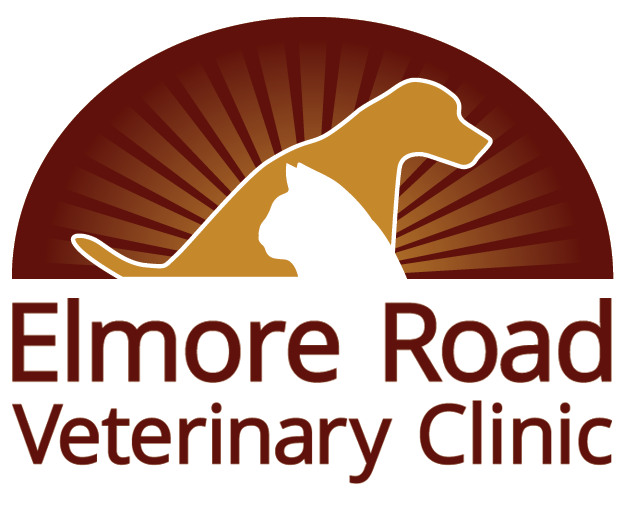Dog and cat dental care
Regular professional cleaning is important to maintaining your pet’s teeth and therefore your pet’s overall health. Unfortunately, by the age of three, most pets show signs of periodontal disease. This is a painful condition, and can actually shorten their lifespan.
Without a proper dental plan, minor oral issues can progress into advanced and hard-to-treat illnesses as bacteria and infection on the teeth can enter the bloodstream and damage your pet's kidneys and heart valves.
Everything we do is done with the highest standards, and we will make sure that your pet is getting the absolute best veterinary care there is.
Does Your Pet Need an Oral Exam?
The signs below point to possible poor oral hygiene, and maybe potentially poor overall health:
- Bad breath
- Red and swollen gums
- Yellow or brown build-up on the teeth
- Dropping food while eating
- Excessive drooling
- Oral pain
- Decreased appetite, weight loss
- Pawing at mouth
- Change in behavior (reluctance to play with chew toys)

What To Expect
The first step is to give us a call at 662-253-0274 to schedule an oral examination! During your pet’s exam, we will look for signs of periodontal disease, and will be able to recommend either home care or a professional cleaning. We can also answer any questions you might have.
If a cleaning is recommended, we will be able to clean beneath your pet’s gum line, where periodontal disease lives. Typically, there is an immediate reduction in the oral pain your pet feels, and a substantial boost to their prognosis. Dental radiology services may be recommended depending on the severity of dental disease or tooth decay.

Our Pet Teeth Cleaning Services
Pets must be placed under anesthesia for their dental cleaning, which involves:
- Scaling the teeth (above and below the gum line) to remove accumulated plaque and tartar.
- A complete dental exam of all the teeth, complete with dental radiographs to examine tooth roots, presence of abscesses, bone loss, and other issues under the gum line.
- Polishing the teeth to smooth rough enamel surfaces, making it harder for plaque to build up.

At-Home Dental Care
Brushing your pet’s teeth is the best treatment to implement because it prevents plaque and bacteria buildup and reduces the potential for dental disease. If brushing proves difficult, there are other options available, from oral wipes and dental chews to rinses and tartar control diets. Ask us for recommendations!
The first rule of at-home pet dental care is to start your pet on a routine as early as possible. Puppies and kittens can adjust to daily dental treatments quickly, making it easier for them and for you!


